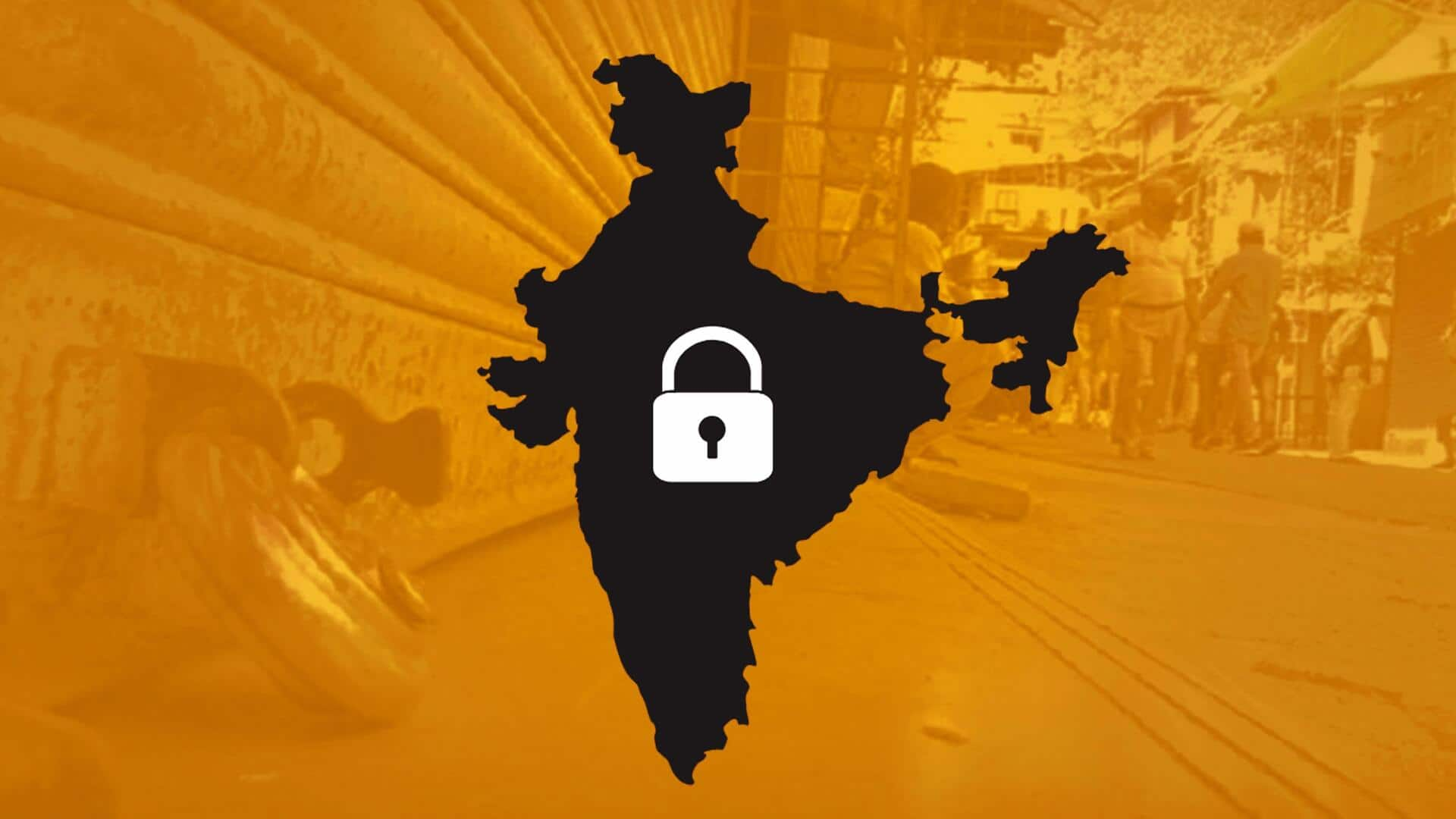
Why's there a Bharat Bandh today, what are the demands?
What's the story
Dalit and Adivasi organizations have called for a peaceful "Bharat Bandh" on Wednesday. They are demanding broader representation of marginalized communities in employment and education, as well as the safeguarding of their constitutional rights. Notably, this bandh follows a recent Supreme Court ruling on the sub-categorization of quotas for SCs and STs and the ongoing debate over lateral entry into central civil services. Although no official announcement has been made, disruptions to public services are anticipated in several states.
Context
Why does this story matter?
On August 1, a bench—led by Chief Justice DY Chandrachud—ruled 6:1 that states can further sub-classify SCs and STs to ensure quotas for more backward castes within these groups. Additionally, in response to opposition against lateral entry, Minister Jitendra Singh on Tuesday asked the UPSC chairman to withdraw advertisements for 45 posts at joint secretary, director, and deputy secretary levels. Leader of Opposition Rahul Gandhi had called this move an attack on the reservation rights of OBCs and SC/ST communities.
Protest details
NACDAOR's opposition and demands
According to reports, the National Confederation of Dalit and Adivasi Organisations (NACDAOR) is the umbrella group behind Wednesday's bandh. It has challenged the Supreme Court's decision, arguing that it contradicts the court's earlier ruling in the landmark Indira Sawhney case, which set the foundation for the reservation system. The NACDAOR has also issued a list of demands urging the government to guarantee social justice and fair representation of these communities in both employment and education.
Legal appeal
NACDAOR's call for new central act
NACDAOR has called for the immediate release of caste-based data on SC/ST/OBC employees in government services to ensure their proper representation. It has also urged the government to reject the Supreme Court's judgment and enact a new central law, which they believe should be protected from judicial review under the Ninth Schedule of the Constitution. However, the Supreme Court had previously ruled that laws placed under the Ninth Schedule are not immune from judicial review.
Strike consequences
Political support, expected impact of the strike
Political parties including the Jharkhand Mukti Morcha, the Congress, and the Rashtriya Janata Dal have extended their support to the Bharat Bandh. Left parties have also backed this call for a strike. Reports suggest that public services may be hit in the states that are governed by these parties. In response to the call for bandh, senior civil and police officials had convened a meeting to evaluate preparations for the shutdown and to prevent any violence.
Area
Uttar Pradesh, Rajasthan identified as sensitive areas
Divisional commissioners, district magistrates, and senior police officers had participated via video conferencing, receiving instructions to remain vigilant. Notably, western Uttar Pradesh and Rajasthan have been identified as particularly sensitive areas and the police are on high alert. Authorities are taking significant measures to ensure public safety during the protests, several reports said
Strike impact
What will remain open
Emergency services, including ambulances, hospitals, and medical services, will remain fully operational during the bandh. Police services will also be active, ensuring public safety. Pharmacies will stay open to provide essential medications. According to reports, government offices, banks, schools, and colleges will continue to operate as usual.